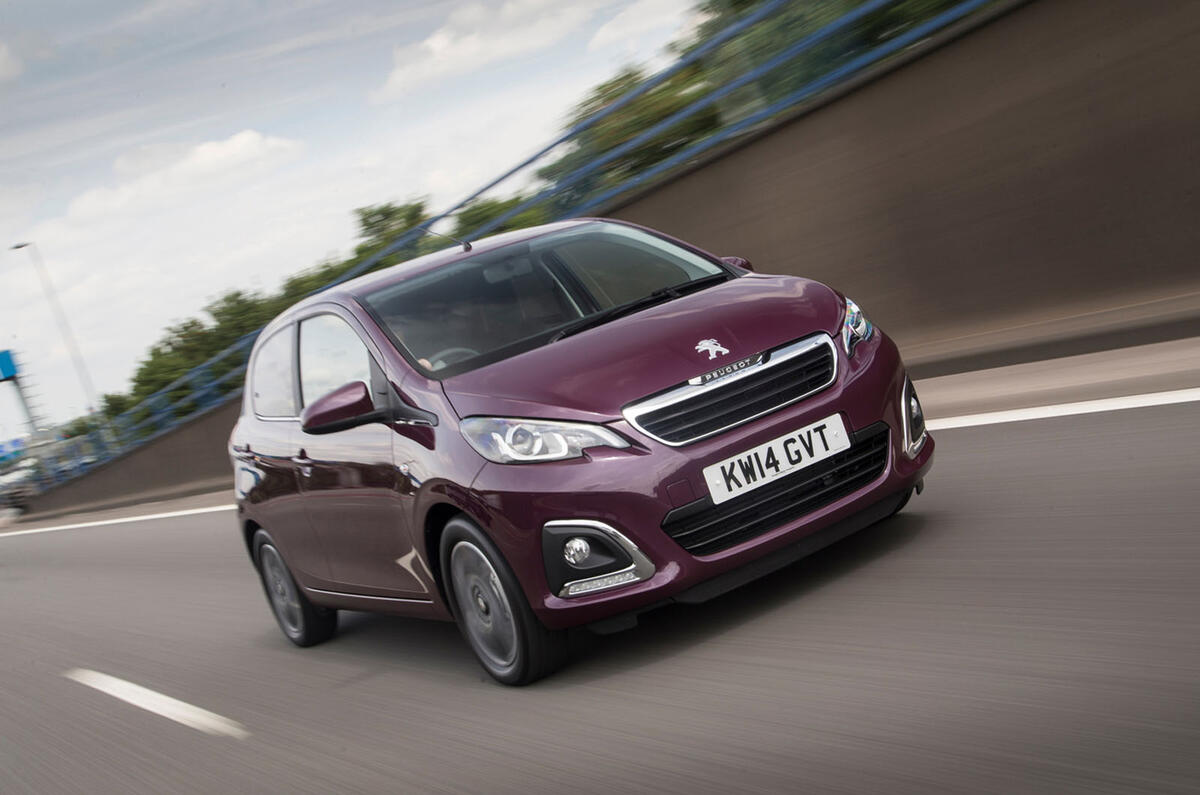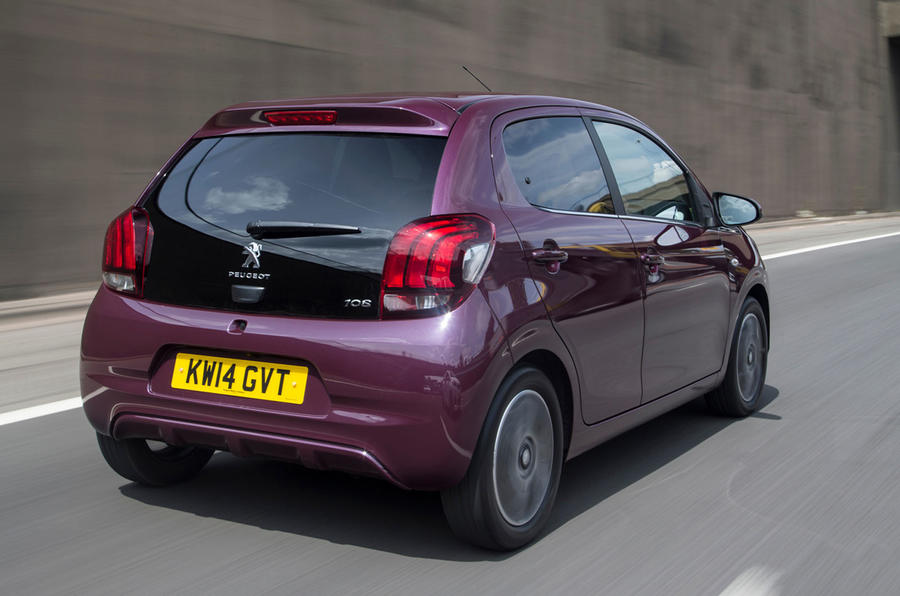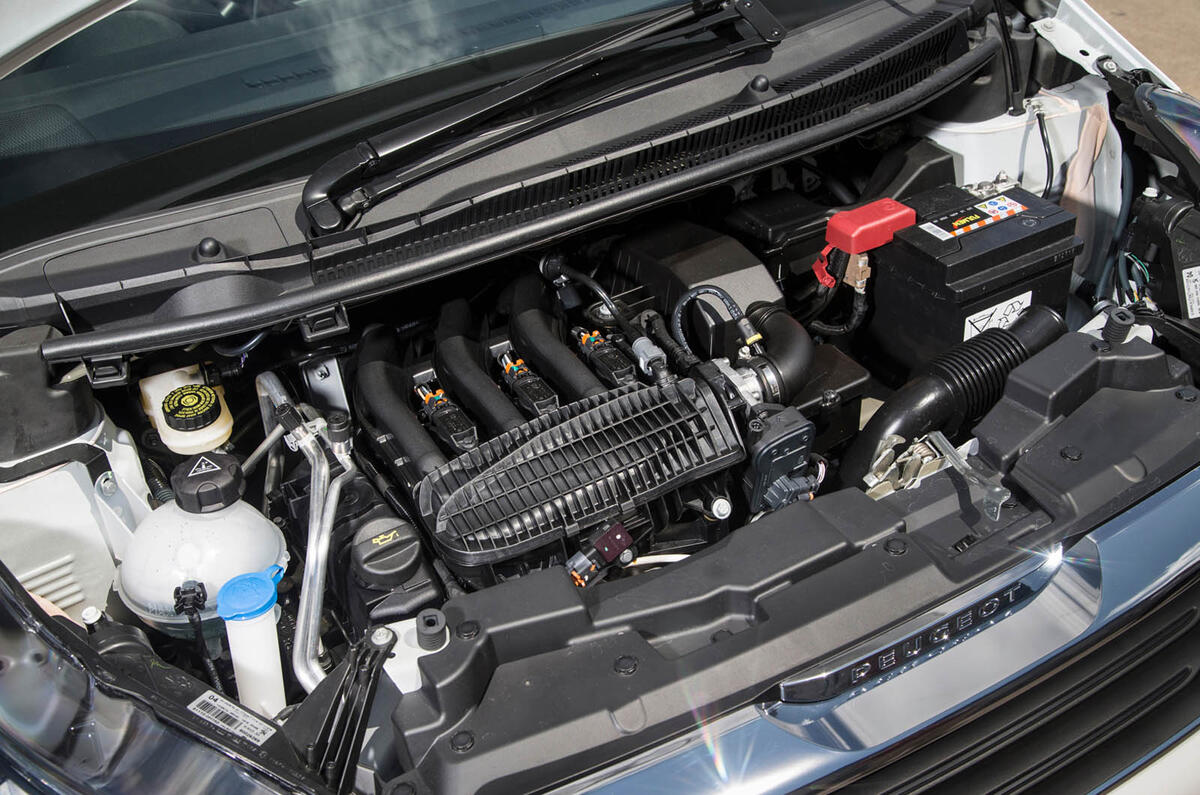Having been on sale for almost a decade and shifting more than 740,000 examples worldwide in the process, Peugeot has seen fit to replace its 107 city car with this - the new 108.
Like its predecessor, the 108 is once again a three-way collaboration between the French car firm, its PSA sibling Citroën and Toyota, with the Citroen C1 and Aygo, respectively.
Those first generation cars were the result of the 'B-Zero' project - to develop a small city car that meets the demands of European urbanites, that's fun to drive and affordable to buy.
There are few surprises in store in the new 108 just after you’ve sampled the near-identical second-generation Toyota Aygo and Citroen C1 city cars, which continue to be made in the same factory in the Czech Republic and have been for the past nine years.
Apart from prices, some dealer differences, your own brand prejudices and some nose-tail styling variations, this is the same car we’ve recently tested under two different badges.
Only details of the deal — perhaps PCP prices or Peugeot’s 'Just Add Fuel' deal make a real difference between this and the rest.
The 108 is now a little more sophisticated, better equipped and about 55kg heavier than the outgoing Peugeot 107. However, its drag coefficient falls from 0.34 to an impressive 0.29, and this, along with the availability of stop-start technology and a fuel-saving automated manual gearbox, means CO2 emissions drop to as low as 88g/km.












































